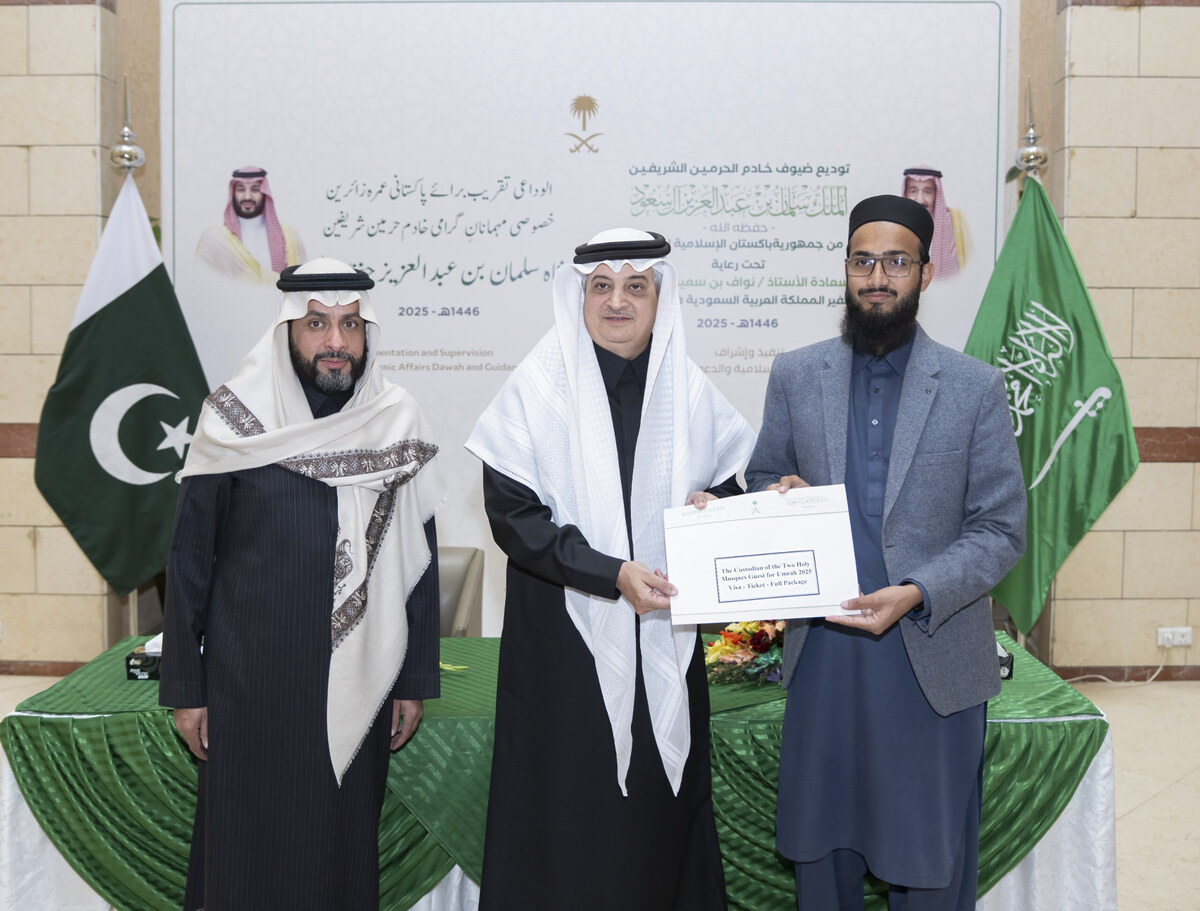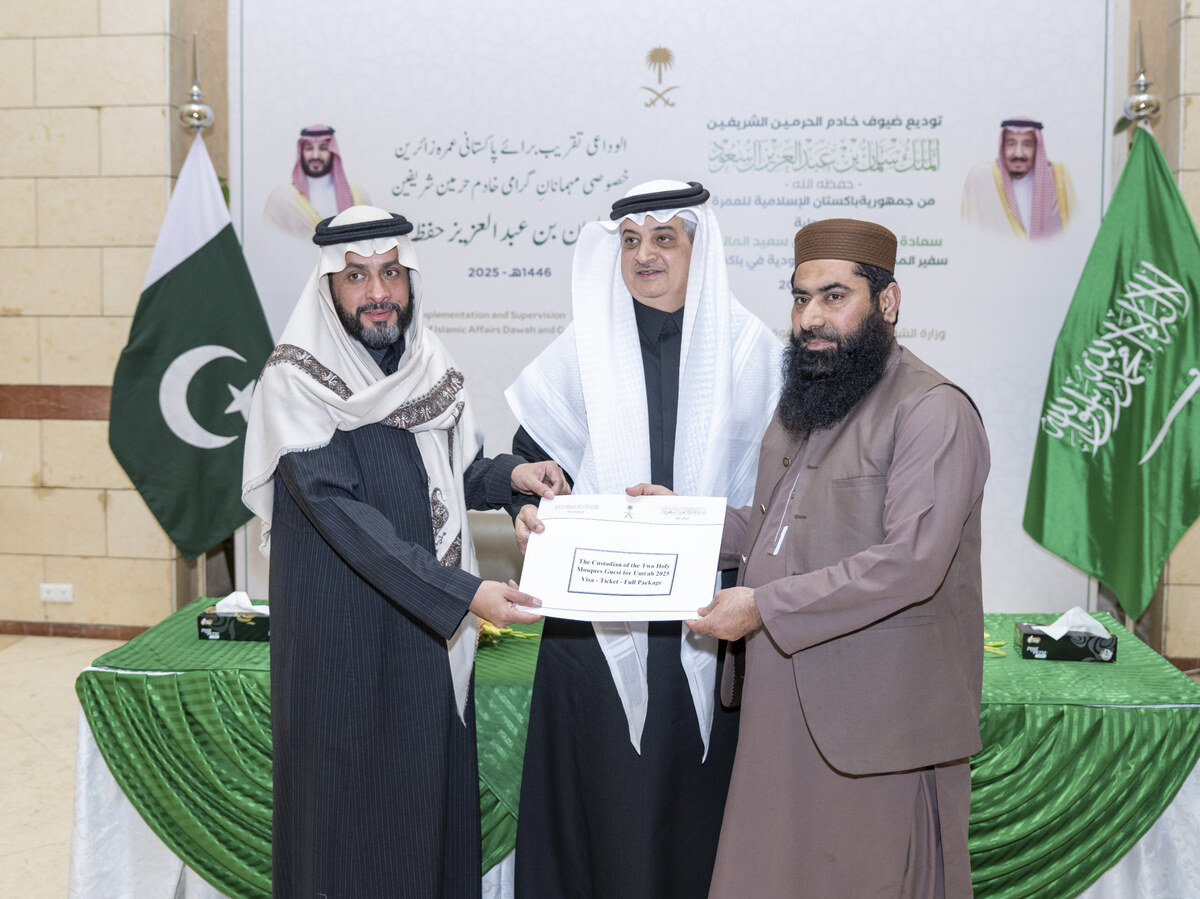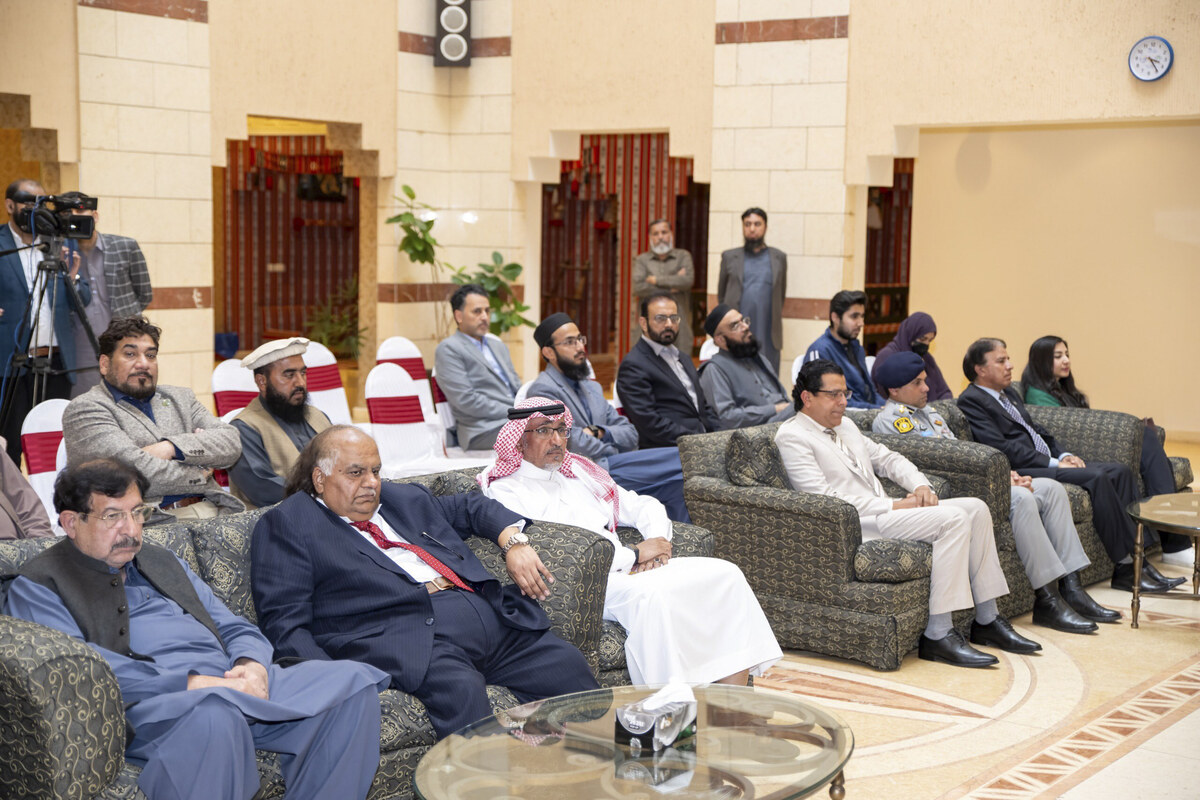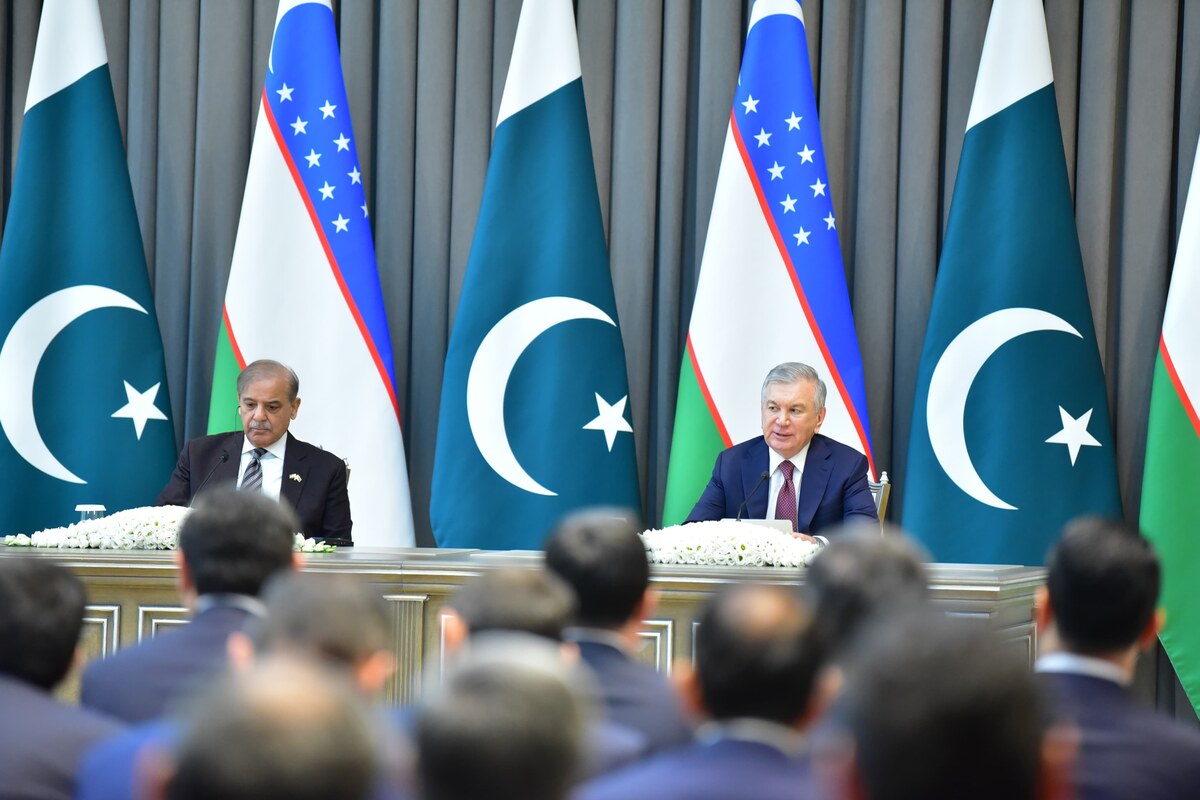KARACHI: Benish Abbas, a TV producer from Pakistan’s commercial capital of Karachi, has not received a salary increment for three years, making it difficult for her family to endure the mounting costs of living.
Her story is common among salaried middle-class Pakistanis reeling under rising prices largely brought on by tough reforms under the latest bailout from the International Monetary Fund, including higher energy costs and taxes on domestic consumers and businesses.
That Pakistan’s consumer inflation rate had fallen to its lowest in more than nine years — dropping to 2.4% year-on-year in January — was expected to bring relief to mid-income Pakistanis. But even as the prices of goods are now rising more slowly, the cost of living has not become more affordable for people like Abbas in the absence of wage growth.
Inflationary pressures have also triggered protests in recent months by traders and opposition political parties.
“My salary has not increased. My husband is in the same situation [for nearly a decade],” Abbas told Arab News in an interview from her small, rented house in Karachi’s Ancholi neighborhood where she lives with her husband and two daughters.
“The rent is increasing, school fees are increasing, our electricity bill has doubled, tripled … Our salaries keep us hand to mouth.”
Though fuel prices in Pakistan have declined multiple times in 2024 and 2025 due to lower international oil prices and exchange rate fluctuations, Abbas said it did not reflect on transport fares and thus made little difference to her family.
“STICKY CORE INFLATION”
The South Asian country, currently bolstered by a $7 billion facility from the IMF granted in September, is navigating a tricky path to economic recovery. The IMF is set to review Pakistan’s progress by March, with the government and central bank expressing confidence about meeting the targets.
Pakistan’s central bank cut its benchmark interest rate by 100 basis points to 12% last month, as inflation eases and growth looks set to pick up after 1,000 basis points of rate cuts over the last eight months.
The State Bank of Pakistan has slashed rates from an all-time high of 22% last June, one of the most aggressive moves among central banks in emerging markets and exceeding its 625 bps of rate cuts in 2020 during the COVID-19 pandemic.
After the policy rate decision, central bank governor, Jameel Ahmad, told a press conference that inflation would ease further in January but noted core inflation remained elevated. He forecast full-year inflation in the year to June would average 5.5%-7.5%.
But these measures have not improved the lives of mid-income individuals like 26-year-old Raja Muhammad Haris who earns less than Rs30,000 ($107) a month and has not gotten a salary increment in three years.
“The inflation has increased significantly in the last two to three years,” Haris, who supports a family of eight, said. “Yet, our salaries have not increased in proportion to the inflationary rate.”
A civilian employee of the Pakistani armed forces, Haris said he found it difficult to run his kitchen, forcing him to accumulate debt.
“We have to take a loan from the bank, sometimes we have to take it from a friend, from neighbors. We have to manage the house somehow, we have to run the house somehow,” he said. “Per month we have to borrow Rs20,000 [$71.56].”
Sana Tawfik, an economist and head of research at Karachi-based Arif Habib Limited, agreed that IMF-backed structural reforms carried out by Pakistani authorities, though necessary to put the economy on track, had burdened the average citizen.
While consumer price inflation had decreased, core inflation remained a major concern, she added.
Core inflation is a measure of inflation that removes volatile prices, like food and energy, from the consumer price index (CPI). This creates a more stable picture of underlying inflation trends, covering items like health care, textbooks, clothing, furniture, and electric appliances.
“Core inflation is still sticky and is hovering in the range of 9 to 9.5%,” Tawfik said. “It is expected to remain elevated.”
The economist said while inflation had declined significantly in terms of numbers, it continued to pressure a major chunk of the country’s population, especially due to high electricity and gas bills.
“Inflation is there, and prices are increasing,” she said, though the pace at which the two things had increased in recent months had slowed down.
Strained household budgets have also affected the sale of essentials like medicine.
Malik Nasir Khan, who runs a pharmacy at a largest medicine market in Karachi, said the prices of life-saving drugs like Paracetamol had almost doubled in just a month.
“The customers who used to buy monthly medicines are now buying medicines to last only 10-12 days,” Khan said. “Now they are not buying medicines, medicines are not being sold in large quantities.”
Housewife Farhana Asghar Khan, 48, said she had to borrow Rs1,000 ($4) from an acquaintance to buy medicines, the prices of which the ailing mother of three said exceeded far beyond her reach.
“My monthly medicines cost Rs1,500 [$5.37] and I took a loan of Rs1,000 [$3.58] from an acquaintance and bought medicines from it,” she said.
“For Rs300 [$1.07], I could only get two strips of pills.”
“BASE EFFECT IS KEY”
Mushtaq Khan, a Karachi-based economist, agreed that the status quo would continue as long as incomes were stagnant.
“The middle class is suffering as their incomes are stagnant in Pakistan while the poverty rate is increasing. The improvement in business sentiments from the economic stability is primarily felt by the elite,” he told Arab News.
Mushtaq said year-on-year inflation was low because of the base effect, which would end in May 2025, “which means the prices will start increasing from May (2025) onwards.”
He said the food sub-index had been stagnant since Oct. 2024 but was likely to move up from February onward.
“The prices of clothing have consistently increased in the range of 14%-17% year-on-year, but have come down from the 20 percent plus in 2023. The utilities and rent have settled down but will increase from April,” Mushtaq added.
Health costs remained high, rising year-on-year in the range of 13%-16%, while year-on-year inflation had decreased since 2023. Transportation costs had fallen as POL prices were down, but this was likely to reverse when the
petroleum development levy and general sales tax were added to fuel prices in the fourth quarter of this fiscal year, Mushtaq said.
“The base effect is key. The cost of living is a slow burn. The price levels may consistently increase but the year-on-year data is strongly influenced by the base effect,” the economist said. “That is the crux of the matter, prices are increasing on a monthly basis, but the year-on-year data shows a fall.”
Pakistan government spokesman Attaullah Tarar was not available for comment for this story. Officials from the ministry of finance also did not respond to requests for comment.























